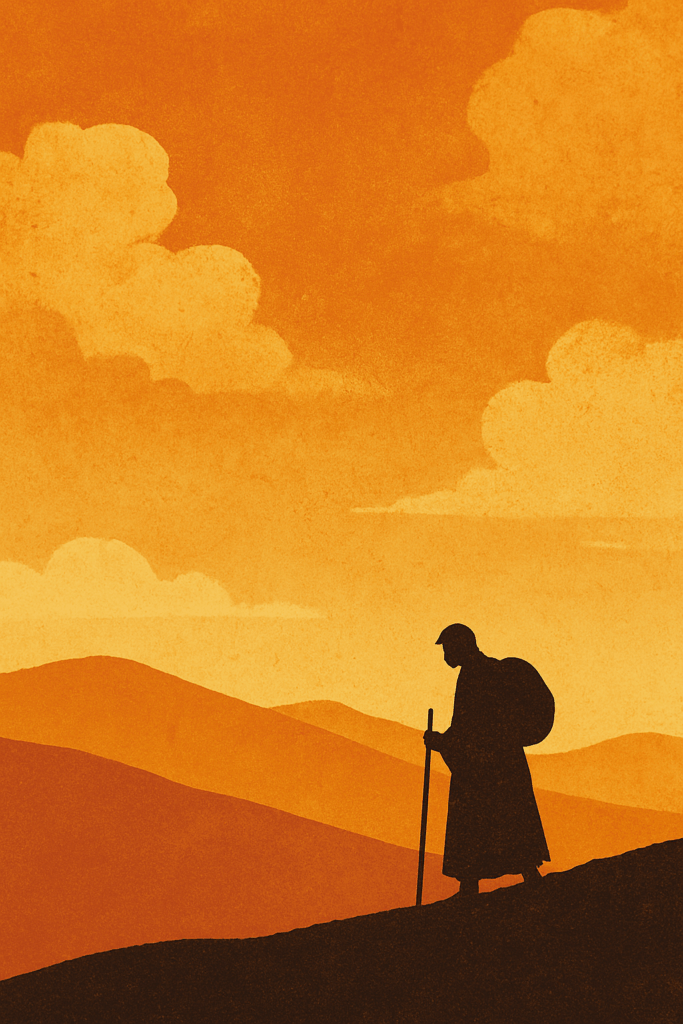在这个世界上,有些日子注定被刻进历史;有些日子,却在时光的洪流中被悄无声息地吞没。
这是一个平静的日子。街上依然车水马龙,人们低头刷着手机,讨论着降薪与考公,讨论着哪家餐厅新开了自助餐。很少有人停下脚步,想一想那些早已被打上“无关紧要”标签的事。
在这个时代,遗忘成了一种美德,沉默成了生存的智慧。
中国人有一种独特的本能:当风浪袭来时,选择低头;当灾难临近时,选择沉默;当不公发生时,只要与己无关,便高高挂起。他们擅长“装睡”,擅长在需要发声的时候收起嗓子,在需要愤怒的时候保持平静。他们学会了在逆境中自保,在危险中活着,但也在不知不觉中,放弃了做人的尊严。
有人说,这叫务实;有人说,这是聪明。可谁又知道,这不过是数千年驯化的产物。驯化让人学会了忍耐,也教会了人遗忘;驯化教会了人明哲保身,也让人失去了向不公说“不”的能力。
在这个社会,大多数人遵循着同一套法则:事不关己,高高挂起;祸不及身,岂能多言。
直到有一天,风浪终于涌向自己,才发现,四周空无一人。
没有人伸出援手,也没有人替你发声。
因为在你旁观别人溺水时,早已亲手拆毁了自己能抓住的那根救命稻草。
有人曾经说过,人的卑劣不在于自私,而在于对别人的苦难视而不见。而一个民族的悲剧,不在于有人做坏事,而在于好人沉默。当历史一次次血迹斑斑地提醒人们警醒,而人们选择了遗忘,历史便不会眷顾这样的民族。
遗忘者,终将被遗忘。
今天,阳光很好,天很蓝,街道干净整洁。一切都很正常。
只是偶尔有风吹过的时候,似乎还听得见一些不愿被提起的名字,在沉默中低低呜咽。
后记:
不是所有纪念都需要大声喧哗。有些纪念,只需要低头,闭上眼,听一听良知还在不在心里轻轻跳动。

Silence and Forgetting: A Mirror
In this world, some days are destined to be carved into history; other days are quietly swallowed by the currents of time.
This is one of those quiet days. The streets are still teeming with traffic, and people keep their heads down, scrolling through their phones—discussing pay cuts and civil service exams, debating which restaurant has just opened a new buffet. Very few pause to consider the matters long since stamped with the label “irrelevant.”
In this era, forgetting has become a virtue, and silence a strategy for survival.
Chinese people possess a peculiar instinct: when storms approach, they bow their heads; when disaster draws near, they remain silent; when injustice occurs, they simply look away so long as it does not affect them. They excel at “playing dead,” adept at stifling their voices when speaking up is called for, and at maintaining calm when anger should erupt. They have learned to preserve themselves in adversity, to stay alive in danger—but in doing so, they have unknowingly surrendered their own dignity.
Some call this pragmatism; others call it wisdom. Yet who realizes that it is merely the product of millennia of conditioning? That conditioning has taught people to endure—and also taught them to forget. It has taught them to safeguard themselves, but in turn has stripped them of the ability to say “No” in the face of injustice.
In this society, most people follow the same rule of thumb: “If it’s not my affair, let it hang high; if misfortune doesn’t befall me, why speak out?”
Until the day the storm finally sweeps over them, they discover that there is no one around.
No one to reach out a helping hand, and no one to speak on their behalf.
Because while they watched others drowning, they dismantled for themselves the very lifeline they might have grasped.
It has been said that a person’s depravity does not lie in selfishness but in turning a blind eye to another’s suffering. And the tragedy of a nation does not lie in the evil deeds of a few, but in the silence of the many. When history—bloodied and battered over and over—tries to warn people, and they choose to forget, history will not look kindly upon such a nation.
Those who forget will themselves be forgotten.
Today, the sun shines brightly, the sky is deep blue, and the streets are clean and orderly. All appears normal.
Yet when the wind occasionally stirs, one seems almost to hear some names that dare not be spoken—murmuring softly in the silence.
Epilogue:
Not all forms of remembrance require loud clamor. Some remembrances need only a bowed head, closed eyes, and a quiet listening: to hear whether one’s conscience still beats softly in the heart.

发表回复